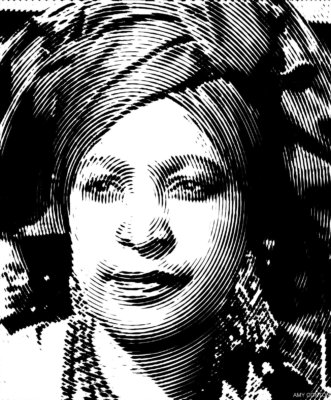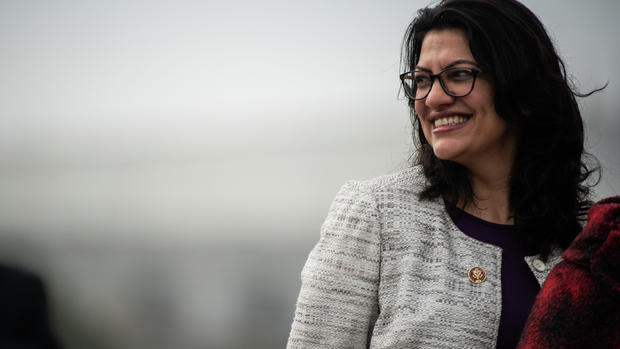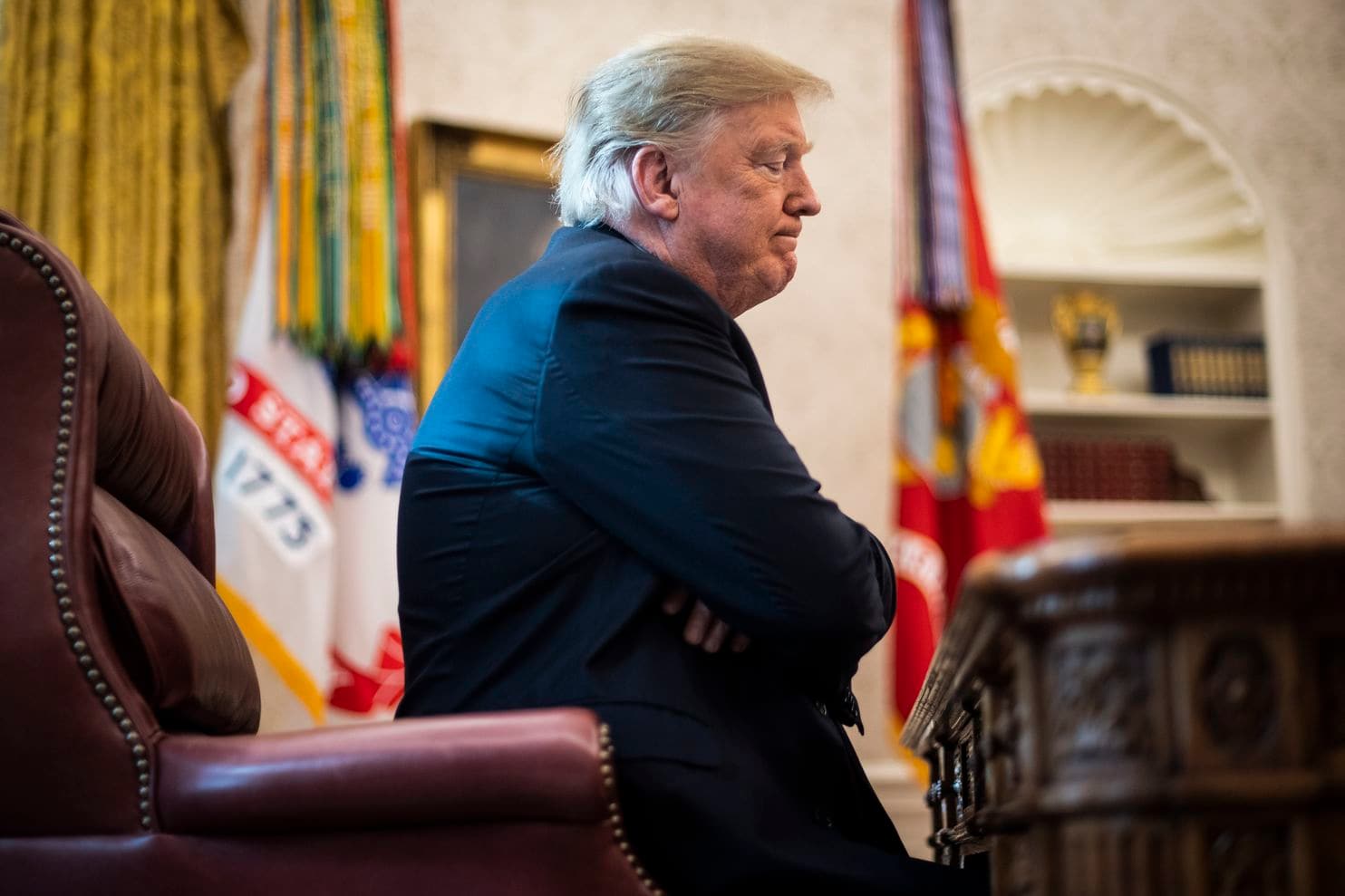
Her husband Nelson Mandela had just been sentenced to life imprisonment, but she was still strong enough to say, “I will continue the struggle.”
1.
Winnie Madikizela was born on September 26, 1936 in the village of Mbongweni, Bizana, in the Transkei, South Africa. She was the fourth of eight children. Her father, Columbus, was minister of the Transkei Governments’ Forestry and Agriculture Department during Kaizer Matanzima’s rule. Her mother, Nomathamsanqa Mzaidume (Gertrude), a domestic science teacher, died when Winnie was only eight years old.
2.
Winnie attended primary school in Bizana and matriculated at Shawbury High School, where she distinguished herself as a person with exceptional leadership qualities. In 1953, she was admitted to the Jan Hofmeyr School of Social Work in Johannesburg. She completed her degree in social work in 1955, and was offered a scholarship for further study in the USA. However she turned it down and opted for a challenging position as the first qualified Black medical social worker at the Baragwanath Hospital in Johannesburg instead.
3.
She became interested in politics while working at the hospital. She was particularly influenced by the research she had carried out in Alexandra Township to establish the rate of infantile mortality, which stood at 10 deaths for every 1,000 births.
4.
In the mid-1950s, she became involved in the African National Congress (ANC). In 1957, she met Nelson Mandela. At the time he was on trial, along with 155 other people, in the now infamous Treason Trial following the civil disobedience campaigns of the early 1950s. They were married on 19 June 1958 in a Methodist service in the Transkei, after which Winnie settled in Mandela’s home in Soweto.
5.
By March 1961, the Treason Trial was over and the accused were found not guilty. By this time Winnie had given birth to two daughters, Zenani, born in 1959 and Zinzi, born in 1960. Between March and December of 1961, the Mandela’s enjoyed a normal family life, in the sense that they were all together. Throughout most of her married life, however, Winnie Mandela had to endure a forced separation from her husband. He was detained and imprisoned on more than one occasion and spent twenty-six years of his life on Robben Island. Although she had visitation rights during that period, she was unable to have physical contact with him.
6.
From 1962, Winnie was subjected to a virtually uninterrupted series of legal orders, which prevented her from living, working and socializing. She was banned under the Suppression of Communism Act for her part in the struggle and was restricted to the Orlando Township in Soweto. She started to work clandestinely for the ANC, which included participating in underground meetings and the printing and circulation of pamphlets.
7.
She decided to send her daughters to boarding school in Swaziland, in the hope that the girls could escape harassment and continue their education. In 1969, she was detained under the Terrorism Act and was placed in solitary confinement for seventeen months. In 1970, she was placed under house arrest. She repeatedly flaunted this order and was charged on a number of occasions.
8.
During the 1976 youth uprisings, she established the Black Women’s Federation and the Black Parents’ Association. Both these organisations allied themselves to the Black Consciousness Movement, an ideology which rejected all ‘White’ values and embraced a positive ‘Black’ world view. For this role Winnie was detained, in 1977, under the Internal Security Act and banished to Brandfort in the Orange Free State. There she helped set up a crèche and a clinic with Dr. Abu Baker Asvat.
9.
She returned to her home in 1986 and resumed her ANC activities. Although Winnie’s opposition to P.W. Botha’s regime earned her the title of “Mother of the Nation”, her conduct was not irreproachable. In a speech at Munsieville outside Johannesburg in 1986 Winnie propagated the barbaric necklace method of killing township dissidents and alleged police informers by saying: “Together hand-in-hand, with our boxes of matches and our necklaces, we shall liberate this country.” She was referring to the method of killing in which victims had a tire placed around their neck, were doused with petrol and set on fire.
10.
Her controversial Mandela United Football Club, a group of young men who acted as her bodyguards, caused some anti-apartheid groups to distance themselves from her in 1988.
11.
Winnie stood next to her husband Nelson when he was released from prison on 11 February 1990. However, she separated from President Nelson Mandela in April 1992 and was divorced in March 1996. After the divorce, Winnie established a museum at the Orlando home where she and Mandela had lived, and adopted the surname Madikizela-Mandela.
12.
From 1991, Winnie’s life was steeped in both achievement and controversy. In 1991, after the unbanning of the ANC and other political organisations, she was elected to the ANC’s National Executive Committee. In 1991, she was charged with the kidnapping and murder of 14 year old Stompie Seipei. Stompie was believed to be a police informant against the struggle.
13.
Consequently, Winnie was sentenced to six years in jail for the kidnapping. The sentence was reduced to a fine of R15 000 on appeal. Shortly after her conviction, in 1992, she resigned all her ANC leadership positions, including her position as Member of Parliament. In 1993, however, she made a remarkable comeback when she was elected president of the ANC Women’s League, a position which she held until 2003. After the 1994 election, Winnie was appointed deputy minister of Arts, Culture, and Science and Technology, but was dismissed in 1995 by Nelson Mandela following allegations of financial mismanagement.
14.
In 1997, Winnie was re-elected as president of the ANC Women’s League. In 2001, she was charged and in April 2003 found guilty on 43 counts of fraud and 25 of theft. She pleaded not guilty to the charges, which related to money taken from loan applicants’ accounts for a funeral fund, but from which the applicants did not benefit. Madikizela-Mandela was sentenced to five years in prison. In 2004, an appeal judge of the Pretoria Supreme Court overturned the conviction for theft, but upheld the one for fraud, handing her a three years and six months suspended sentence.
15.
After her conviction, she resigned as president of the ANC Women’s League (2003). She was elected to the ANC National Executive Committee at the 52nd ANC conference in Polokwane.
Source: South Africa History Online
Facebook Comments









